This summer and fall, Land Stewardship Project members have been hard at work preparing for the 2023 Minnesota state legislative session, which begins on Tuesday, January 3. Hundreds of LSP members, supporters, and allies across the state have engaged in workshops, surveys, and one-to-one visits to lay out what they’re excited for our organization to move forward, what feels most urgent, and how we can collectively make our vision for people and the land a reality through policy.
LSP’s strategic plan, which was developed by members through a collaborative process, lays out a beautiful vision of the future we are building together. Yet, we did not have a comprehensive roadmap of how to achieve our vision through state policy. That’s where our new Minnesota Food & Farm Campaign comes in.
Lay of the Land at the Capitol
A lot has changed since last legislative session:
- Minnesota now has a projected $17.6 billion budget surplus as a result of record corporate profits and decades of underfunding our communities.
- The Minnesota House and Senate, along with the Governor’s office, are in the hands of a single party, the DFL. This trifecta is the first time Minnesota has not had a split Legislature since 2013.
- The Governor’s Administration released a State Climate Action Framework earlier this year.
- Legislative leadership and the Governor have signaled that they’re ready to make progress on things like climate change, sustainable agriculture, and healthcare.
Despite all of this, we know that nothing is a given. To secure major wins for people and the land this legislative session, we need to organize.
Our Minnesota Food & Farm Campaign Platform
There are seven focus areas within the campaign, ranging from taking action on the climate to supporting regional food systems to expanding land access and supporting emerging farmers. In our workshops, survey responses, and one-to-one meetings, our members were clear that we need to take advantage of the unique opportunity we have this legislative session to center and build systems that work for people, not corporate interests, and to prioritize healthy, regenerative landscapes and communities for future generations.
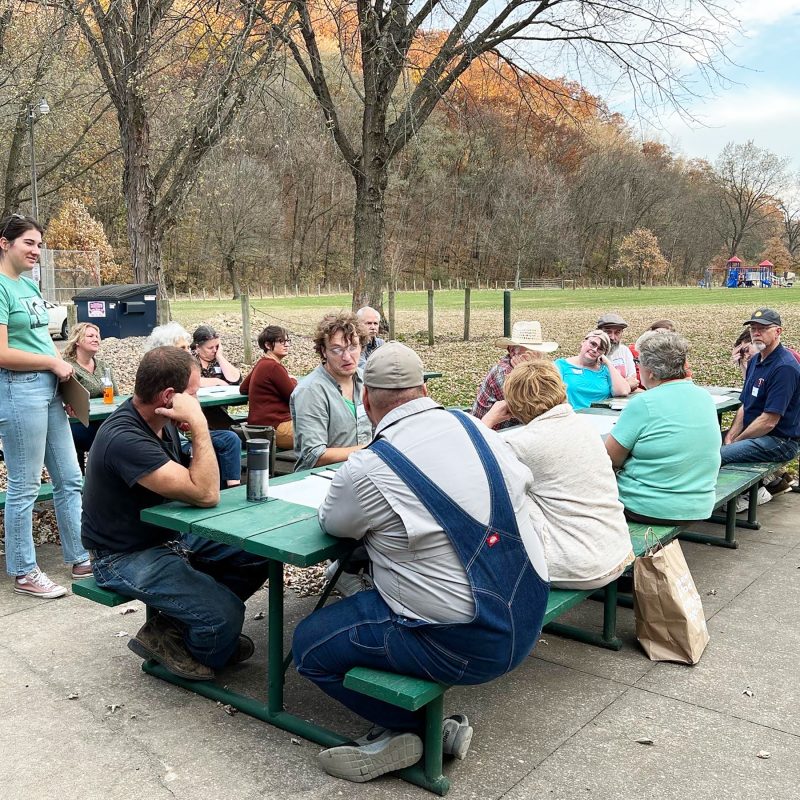
1) Soil Health & Climate
Increasingly, we are experiencing the effects of climate change — from intense flooding to historic periods of drought — and farmers are on the front lines. Agriculture can be a tool to build resilience across our landscapes, to sequester carbon, and build our soil’s health; farmers need every tool available to them to establish more soil healthy practices on the landscape. Climate change requires action from every sector of society, which is why we are proud to support campaigns to transition us to 100% carbon-free energy by 2040 and support efforts that transition us away from a heavy reliance on fossil fuels.
LSP will champion:
• Adopting voluntary, statewide soil health goals of getting 5.75 million acres managed under soil-healthy practices by 2030, 11.5 million acres by 2035, and 23 million acres by 2040. Our state institutions must focus on greatly expanding agricultural practices that benefit our land, water, climate, farmers, and rural, urban, and suburban communities and economies.
• Creating a farmer-to-farmer mentorship grant program to provide grants to those with hands-on farming experience (i.e. farmers, retired farmers, former farm workers) to provide technical assistance and mentoring to farmers about soil health practices.
• Establishing a Hemp Supply Chain Development Grant program to advance the processing and marketing of fiber hemp.
• Building upon the Agriculture Water Quality Certification Program by strengthening criteria for certification, expanding capacity for agency outreach, and increasing funding for cost-share dollars and grants to assist farmers in implementing practices to become certified.
LSP will support:
• Increasing funding to statewide soil health programs that allow more farmers to adopt soil healthy practices.
• Growing the Continuous Living Cover Supply Chain Grant Program to advance the processing and marketing of soil-healthy cropping systems. (Led by Friends of the Mississippi River.)
• A variety of pollinator bills and programs to protect and increase habitat for our pollinators. This can be done by supporting programs such as Lawn to Legumes, Highways for Habitat, and limiting and regulating neonicotinoids and plastic-coated pesticides.
• Forever Green Initiative: Provide funding to the Forever Green Initiative, a program at the University of Minnesota that is developing, implementing, and marketing new cover crops and perennial crops.
• Conservation Reserve Enhancement Program (CREP) + Reinvest in Minnesota (RIM): Fully fund CREP and RIM programs.
• Fully funding Soil and Water Conservation Districts to provide robust programming and technical assistance and to support their equipment cost-share program to purchase and loan equipment needed for the implementation of soil-healthy practices.
• Incentivizing on-farm renewable energy production and supporting rural electric cooperatives.
• 100% Campaign: Continue to support a 100% carbon-free standard for electricity of 80% by 2030, 90% by 2035, and 100% by 2040 in Minnesota.
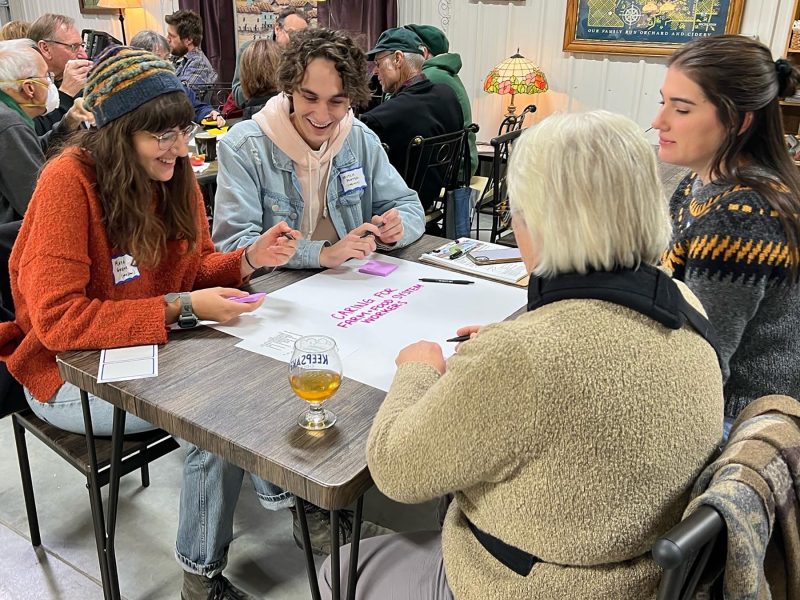
2) Regional Food Systems
Transforming our farm and food system requires building the infrastructure needed by small and mid-sized farms and by rural and urban communities to create functioning local and regional food systems that support regenerative farming and provide all people with the nourishing foods they want and need.
LSP will champion:
• Increasing Farm to School funding and allowing early childcare centers to be eligible for reimbursements of food purchases from local farmers.
• Creating Local Food Systems Planning and Infrastructure grants to provide funding to local governments, regional planning organizations, and tribes to create and implement agricultural economic development plans, such as constructing more communal cold storage and community kitchens.
• Piloting local food systems coordinator positions across the state to facilitate relationships between farmers, schools, institutions, and community organizations in order to scale purchasing of local food and supporting farmers accessing new markets.
• Creating a Certification Navigator position through the Minnesota Department of Agriculture (MDA) to help processors develop safety plans and navigate the certification and inspection processes.
• Providing pass-through grants to the Minnesota Farmers’ Market Association and direct-marketing farmers to support direct-to-consumer selling. Eligible expenses include: hand-washing stations, signs, hauling equipment, and more.
• Establishing a Small Meat Processor Training Grant Program to reimburse small meat processors for attending health and safety trainings, as well as meat cutting and processing courses.
• Creating a USDA Processing Certification Grant Program to assist small processors with the costs of becoming USDA-certified.
LSP will support:
• Bolstering funding for the AGRI Meat, Poultry, Egg, and Milk Processing Grants and providing technical assistance that can help businesses navigate the application process.
• Providing a grant to the Good Acre’s Local Emergency Assistance Farmer Fund (LEAFF) to purchase produce from small-scale emerging farmers within 200 miles of the Twin Cities and redistribute it to low-income families.
• Bolster funding for the Hunger Solutions Minnesota Market Bucks Program that assists low-income Minnesotans in purchasing healthy, nutritious food from farmers’ markets.
• Provide funding to local anti-hunger programs and organizations to purchase and distribute local food to the Minnesotans they serve.
• Support the Minnesota for Hunger-Free Schools campaign to ensure no child goes hungry at school regardless of socioeconomic status or zip code. (Led by Hunger Solutions Minnesota and Blue Cross Blue Shield of Minnesota.)
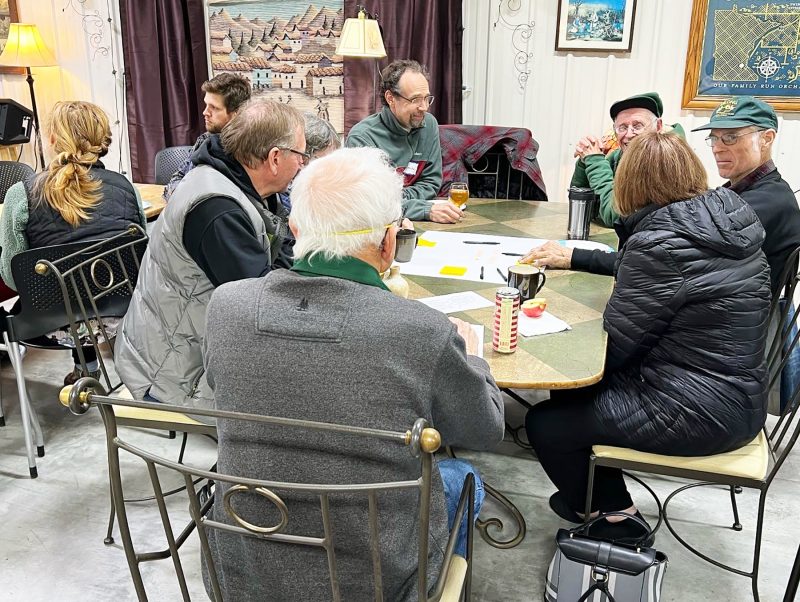
3) Fair Farm Economy
Our farm and food system, including small and mid-sized farms and related businesses, as well as rural and urban communities, is stronger with a level playing field. As our agricultural economy becomes increasingly consolidated, driving small and mid-sized farms off the land and depopulating rural communities, it is imperative that our policymakers take swift and meaningful action.
LSP will champion:
• Capping the size of feedlots by adopting a statewide animal unit cap of 1,500 animal units.
• Passing a resolution urging Congress to reinstate Country of Origin Labeling laws.
• Re-up the Dairy Assistance, Innovation, and Revitalization Initiative (DAIRI) that provided additional financial assistance to small and mid-sized dairy operations that participated in the Farm Service Agency (FSA) Dairy Margin Coverage Program.
• Strengthen the safety net for diversified producers by assisting with the cost of Whole-Farm Revenue Program premiums.
• Increase funding and staffing capacity for the Minnesota Department of Agriculture’s Farm Advocates Program, which provides vital services to farmers facing mediation.
LSP will support:
• Establishing a voluntary Grain Indemnity Fund, which would protect producers in the event of fraud, elevator collapse, or other events that result in nonpayment to producers. (Led by Minnesota Farmers Union.)
• Securing funding for an antitrust division in the Minnesota Attorney General’s Office. (Led by Minnesota Farmers Union.)
• Enhancing antitrust law by strengthening prohibitions on price discrimination, creating clear definitions of monopoly and monopsony power, and establishing an abuse of dominance standard in Minnesota’s antitrust laws. (Led by Minnesota Farmers Union.)
• Passing the Right to Repair, which would require manufacturers, such as John Deere, to provide owners and independent repair businesses with fair access to service information and affordable replacement parts.
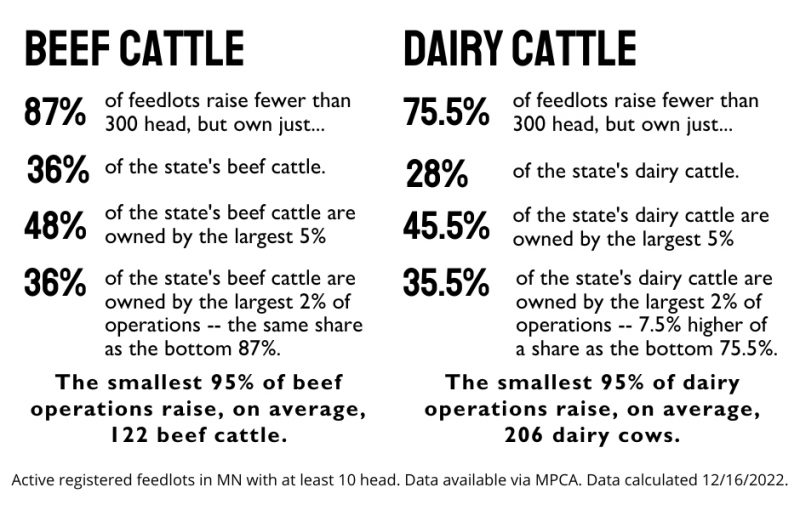
4) Community-Centered Environmental Review & Permitting
All Minnesotans, including small and mid-sized farmers and other residents of rural communities, deserve abundant clean water, clean air, and public institutions that prioritize people and the land, not corporate profits.
To advance this, LSP will champion:
• Reinstating the Minnesota Pollution Control Agency Citizens’ Board with a focus on representation from environmental justice communities. The Citizens’ Board, chaired by the Minnesota Pollution Control Agency (MPCA) Commissioner, was the legal decision-maker for the agency from its inception in 1957 until 2015.
• Requiring new or expanding factory farms to complete an Environmental Impact Statement if their resulting capacity would be 700 or more animal units (AU).
• Lowering the threshold for a mandatory Environmental Assessment Worksheet for new or expanding feedlots from 1,000 AU to 400 AU.
• Requiring MPCA to evaluate cumulative impacts of pollution on communities that will be affected by projects undergoing permitting.
• Make environmental review more holistic by:
– Requiring the consideration of environmental, social, and economic impacts of a proposed factory farm or factory farm expansion from feed-to-shelf.
– Requiring that an EAW, like an EIS, propose measures that could reasonably eliminate or minimize any adverse environmental, economic, or social effects of the project.
• Strengthening the ability of the public to participate in environmental review by:
– Improving notices to residents near a proposed factory farm or factory farm expansion.
– Lengthening the public comment period from 30 days to 60 days.
– Requiring the MPCA to hold a local informational hearing to field public comments and answer questions.
In addition to strengthening environmental review and permitting, LSP will champion:
• Making the cost of water more equitable by requiring large operations to pay the same rate for water as municipalities and increasing water use overage charges for large operations.
• Improving manure management by:
– Requiring feedlots over 300 AU to submit a manure management plan to the MPCA on an annual basis.
– Directing the MPCA to catalog and map manure management plans to ensure that manure spreading plans are not overlapping, as well as making such catalogs and maps publicly available.
– Increasing the frequency of feedlot inspection and increasing funding for county feedlot officers to do so.
– Requiring that feedlots found out of compliance with their manure management plan pay a fine.
• Increasing the minimum setbacks from vulnerable geologic features, waterways, and certain buildings for new factory farms and factory farm expansions.
LSP will also support:
• Funding for the Well Water Testing Program (Led by Minnesota Well Owners Organization.)
• Passing the Minnesota Private Residential Well Testing and Remediation Act (Led by Minnesota Well Owners Organization.)
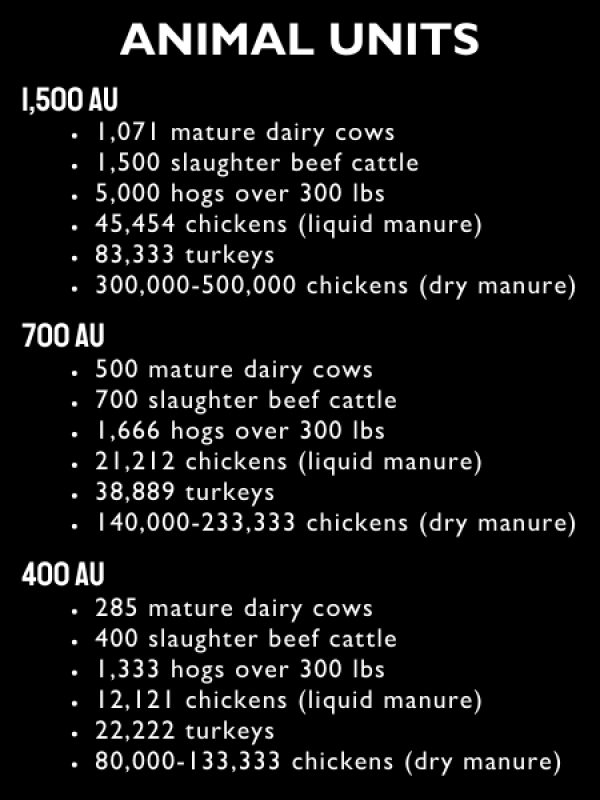
5) Healthy & Robust Communities
LSP’s mission is to build a just and sustainable farm and food system, along with healthy communities. Rural communities in particular face a lack of social services. All Minnesotans, regardless of zip code, deserve to have their needs met.
LSP will champion:
• Establishing a Rural Healthcare Task Force with the authority to address the consolidation and closure of rural hospitals and clinics.
LSP will support:
• Expanding public healthcare through a MinnesotaCare Buy-In, the Minnesota Health Plan, or another means to ensure all people have the affordable care they need when and where they need it.
• Boarder-to-boarder broadband.
• Ensuring childcare is affordable and accessible while caring for childcare workers. (Led by ISAIAH.)
• Expanding affordable housing in Greater Minnesota.
• Providing ample funding to public schools in Greater Minnesota.
• Creating a Paid Family and Medical Leave insurance program that self-employed Minnesotans, including farmers, would qualify for.
• Passing earned sick and safe time.
6) Caring for Farm & Food System Workers
Our farm and food system heavily depends on the labor of farm and food system workers, from those who work in large processing facilities to those who work on small, diversified farms. Many farm and food system workers face long hours, low pay, unsafe work environments, and more.
That’s why LSP will support:
• Passing the Safe Workplaces for Meat & Poultry Workers Act, which will strengthen protections for workers in large-scale meat and poultry processing facilities. (Led by United Food and Commercial Workers Union Local 663.)
• Support any efforts to strengthen the rights of farm and food system workers to organize and improve their working conditions.
• Support ample funding for the Attorney General’s Office to investigate complaints and hold bad actors accountable.
• Restore the right of all eligible Minnesotans to obtain a driver’s license, regardless of immigration status. (Led by COPAL.)
7) Land Access & Emerging Farmers
Stay tuned for our platform to greatly expand access to farmland, provide resources and training to emerging farmers, and secure land tenure for small and mid-sized farmers. As LSP has not worked on these issues in-depth at the Legislature, we’re taking extra time to develop this part of our campaign platform.
♦ ♦ ♦ ♦ ♦ ♦ ♦ ♦ ♦ ♦ ♦ ♦ ♦ ♦ ♦ ♦
5 Ways to Take Action
If there’s one thing you take away from this blog, let it be this: We need to demonstrate an overwhelming demand for a transformed food and farm system. We have an amiable Minnesota Legislature, but nothing is a given. We need all of us to make our vision a reality.
If you have five minutes, an hour, or a day, we need you with us. Here are five ways you can take action:
- Endorse the Minnesota Food & Farm Campaign Platform!
Add your name to our petition to join hundreds of Minnesotans in demonstrating your support for this exciting campaign! - Attend our 2023 Minnesota Legislative Session Kick-Off
Join us on Tuesday, Jan. 24, from 6:30 p.m. to 8 p.m., to learn more about our agenda, how the Legislature works, and how we can create overwhelming demand for a transformed food and farm system together. - Join our Legislative Briefing on Feb. 3
Join LSP members, supporters, partners, and public officials on Friday, Feb. 3, at 9 a.m., to dive deeper into our legislative agenda. - Register for the 2023 Family Farm Breakfast & Lobby Day
It’s back! On Thursday, April 13, beginning at 7 a.m., join 300+ LSP members, supporters, partners, and public officials for a delicious breakfast featuring ingredients from local LSP members’ farms; stick around afterwards to lobby your legislators. Grab your ticket now! - Take the Leadership Opportunities Survey
Please take just five minutes to let us know how you want to get involved this legislative session by taking LSP’s legislative leadership opportunities survey. A member of LSP’s legislative team will reach out to you to talk through your interests and capacity, share how we will actively support you and train you, and make a plan together. - Join LSP as a member, renew your membership, or make a special gift.
LSP is only as strong as our membership, and each of us can play a part in creating the food and farm system we desire. Consider joining LSP as a member, renewing your membership, or making a special gift today with a tax-deductible contribution of any amount that’s meaningful to you. In addition, please consider sharing this blog with your legislators, your neighbors, your family, your friends, your social media networks, people in your faith community, your cows — it takes all of us!
Laura Schreiber is an LSP policy organizer and can be reached at lschreiber@landstewardshipproject.org. Policy manager Amanda Koehler can be reached at akoehler@landstewardshipproject.org.